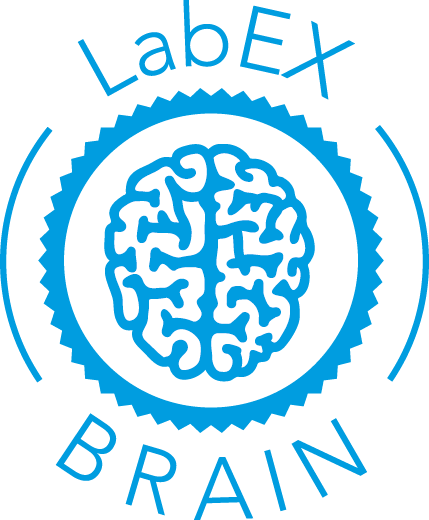
Labex BRAIN Clinical Research Project, 2017-2019
PI: Jean-Arthur Micoulaud-Franchi (SANSPY – University of Bordeaux – Bordeaux Hospital Pellegrin)
Partners : SANSPY – University of Bordeaux – Bordeaux Hospital Pellegrin (Jean-Arthur Micoulaud-Franchi), Potioc – Inria Bordeaux (Fabien Lotte)
Abstract : In neurofeedback, brain activation is volitionally regulated through learning. In particular, neurofeedback has been used to self-regulate electroencephalography (EEG) amplitudes, which correlate with the degree of neuronal synchronization. Our team has confirmed the impact of repeated sleep restriction protocols (i.e., 4 to 6 hr of sleep per day, for 5 days) on daytime alertness level and on cognitive performance (in particular sustained-attention). Sleep restriction enhances brain homeostatic sleep pressure that can be measured in EEG signals by an augmentation of neuronal synchronization. Thus, targeting the neuronal synchronization underlying the daytime alertness level and cognitive performance is a relevant clinical and behavioral neuroscience grounded way of research to develop countermeasures to fight the effect of sleep restriction on brain function. The aim of this project is to target EEG synchronization using neurofeedback to teach the subject to self-regulate brain activity and to evaluate the impact of this training on the brain capacity to face repeated sleep restriction. Our hypothesis is that neurofeedback targeting EEG theta and beta spectral bands will teach the subject to desynchronize her/his brain activities in order to restore the daytime alertness level and the cognitive performance in a context of repeated mild sleep restriction. Neurofeedback will be designed to enhance the brain regulation learning. Daytime alertness level and cognitive performance will be measured with standardized tests for which it is well established that they change after sleep restriction periods. This study will offer additional insights into the neurophysiological mechanism of neurofeedback protocol on the daytime alertness level.






